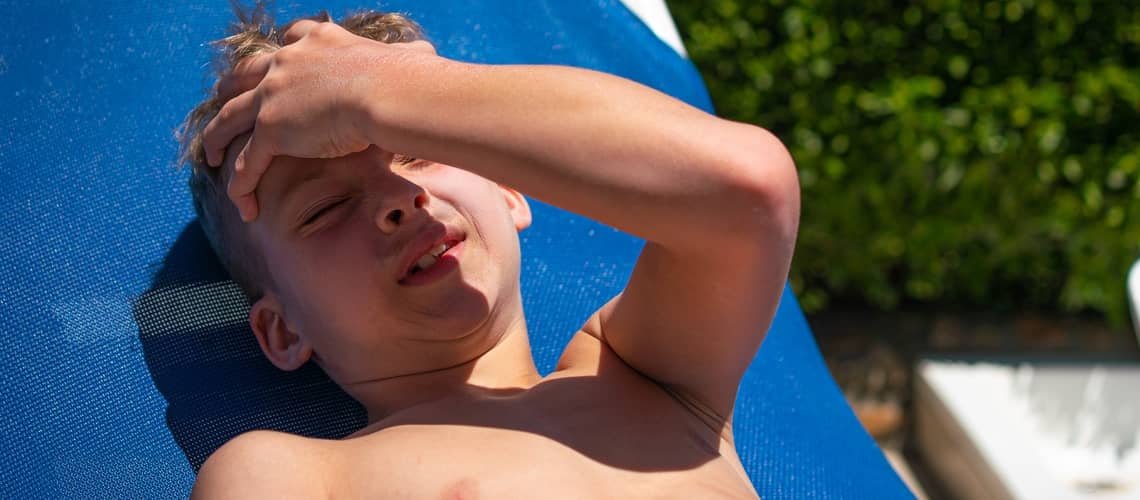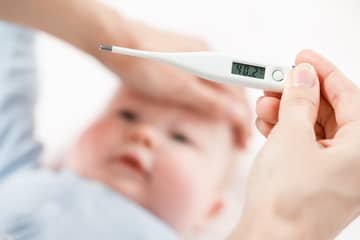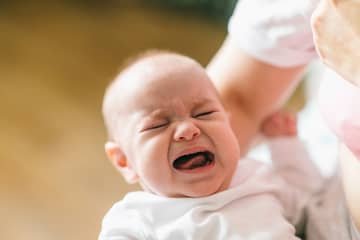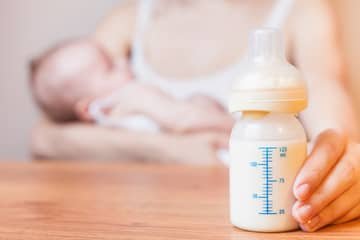
How long does overheating last in children?
If the body generates more heat than it can transfer to the environment, the body overheats. It is not enough to cool down due to increased heat production in the organism or due to extreme external heat. The risk of overheating the body is not only when staying in direct sunlight, but also when traveling in an overheated means of transport, spending time in a sauna or an overheated tent, exercising in a hot environment or spending time in a closed room with high temperatures. The reason may also be inappropriate clothing (tight, not breathable) or reduced fluid intake.
Older people and children are more susceptible to overheating. The body copes with high temperature by cooling down, e.g. sweating, in which heat leaves the body outside. If it is not cooled down enough, the heat spreads through important organs in the body instead of to the surroundings and causes overheating.
Overheating manifests itself in several ways. The most common warning signs in children are thirst, pale skin, significant sweating, feelings of vomiting, fatigue, weakness, dizziness, feeling of fainting, headaches , irritability, mild to moderate fever (usually up to 39 °C).
In the case of milder symptoms, the child should be placed in a cool and well-ventilated environment, or in the shade and ventilated. Remove excess clothing from you, preferably to underwear. It should be in a lying position and have supported legs. It is important to give small amounts of liquid, the most suitable is pure water, mineral water or diluted fruit juice. It is often recommended to add a little table salt to the water. You can cool the body with lukewarm water, or use moist compresses, e.g. covering with a damp sheet (not ice). After these measures, the symptoms should subside. Overheating can last several days , it should subside within 1-2 to 7 days.
If you are overheated, it is not advisable to give medicine for fever, because they only work for a short time. It is unnecessary to burden the child's organism with medicines. You should always protect the child with a head covering, light airy clothing and sun cream are recommended. For infants, direct sun is not suitable at all, older children can, of course, be in it, but at least from 10 am to 3 pm, when it is most intense, they should also avoid it.
Pridať komentár






